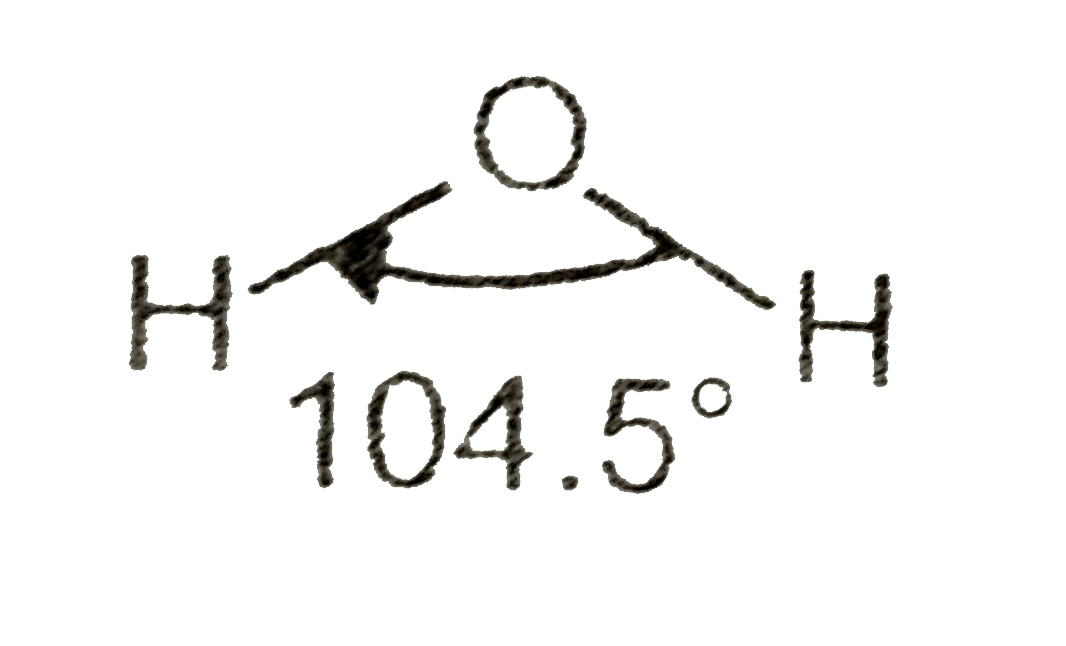For equilibrium, ................ sum of all moments is equal to ................ sum of all anticlockwise moments.
Arithmetic, arithmetic
Algebraic, algebraic
Total, none of
All of these
The correct Answer is:B
To solve the question, we need to fill in the blanks in the statement: "For equilibrium, the sum of all moments is equal to the sum of all __________ moments."
1. Understanding Moments:
- Moments (or torques) are the rotational equivalent of linear forces. They can be clockwise or anticlockwise.
2. Equilibrium Condition:
- For an object to be in equilibrium, the total moments acting on it must balance out. This means that the clockwise moments must equal the anticlockwise moments.
3. Defining the Terms:
- The term "sum of all moments" refers to the total moments acting on the object, which can include both clockwise and anticlockwise moments.
4. Choosing the Correct Term:
- Since we are looking for a term that describes the moments that balance the clockwise moments, we need to use the term "algebraic" rather than "arithmetic." This is because moments are vector quantities and their direction (sign) matters.
5. Final Statement:
- Therefore, the complete statement is: "For equilibrium, the sum of all moments is equal to the sum of all algebraic moments."
Answer:
For equilibrium, the sum of all moments is equal to the sum of all algebraic moments.
- Moments (or torques) are the rotational equivalent of linear forces. They can be clockwise or anticlockwise.
- For an object to be in equilibrium, the total moments acting on it must balance out. This means that the clockwise moments must equal the anticlockwise moments.
- The term "sum of all moments" refers to the total moments acting on the object, which can include both clockwise and anticlockwise moments.
- Since we are looking for a term that describes the moments that balance the clockwise moments, we need to use the term "algebraic" rather than "arithmetic." This is because moments are vector quantities and their direction (sign) matters.
- Therefore, the complete statement is: "For equilibrium, the sum of all moments is equal to the sum of all algebraic moments."
For equilibrium, the sum of all moments is equal to the sum of all algebraic moments.
Similar Questions
Knowledge Check
The sum of all the terms of the A.P.5,7,9,... 23 is:
A140B112C126D280
The sum of all 2 digit odd numbers is
View SolutionSum of all the genes is a population is called
View SolutionWhat is the sum of all probabilities of an event.
View SolutionElectric Dipole moment is a vector quantify . If a compound contain more than one polar bond then , the net electric dipole moment is equal to vector sum of individual dipole moment .
e.g., In H2O
μ=1.84D

Which of the following compounds have zero dipole moment ?
View SolutionComplete the following sentences:
(i) The S.I unit of moment of force is………
(ii) In equilibrium, algebraic sum of moments of all forces about all the point of rotation is ………
(iii) In a beam balance, when the beam is balanced in a horizontal position, it is in........... equilibrium.
(iv) the moon revolving around the earth is in....... equilibrium.
View SolutionThe sum of all the quantum number of helium atom is
View SolutionThe first term of an infinite G.P. is 1 any term is equal to the sum of all the succeeding terms. Find the series.
View Solution
